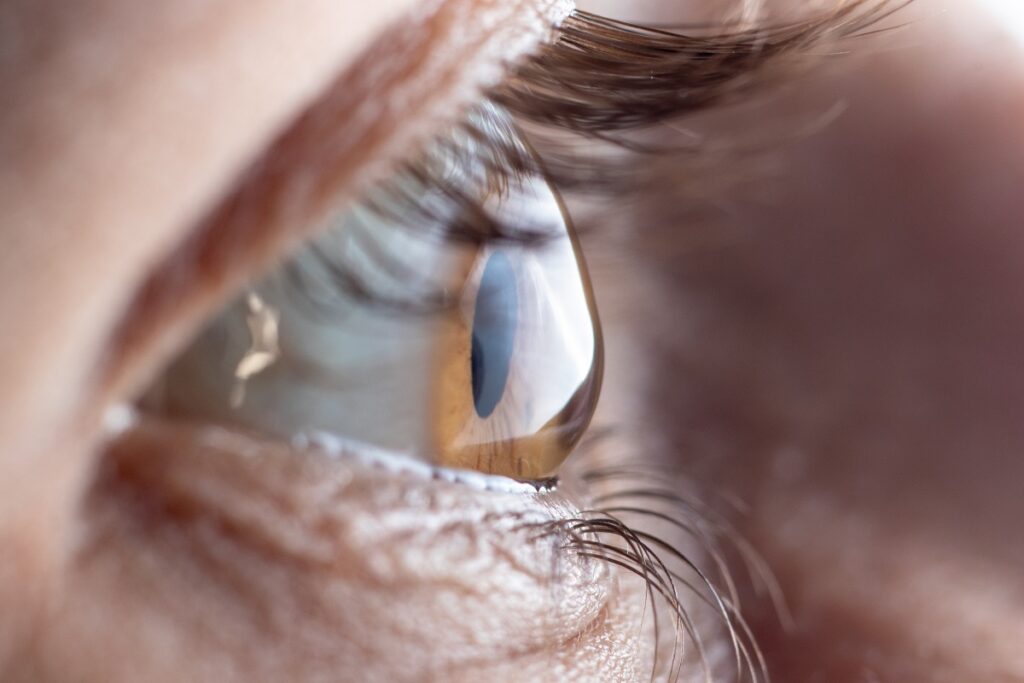Keratoconus is a commonly misunderstood eye disease. It causes the cornea to weaken, thin and bulge outward. Instead of retaining its normal round shape, the cornea becomes more cone-like. The visual effects include blurry and distorted vision and astigmatism or nearsightedness.
Keratoconus is progressive and usually develops slowly (often in adolescence and early adulthood). If you have been diagnosed with keratoconus, you are probably eager to learn how you can do your part to slow the progression of the disease. Here, Dr. Ernest Kornmehl shares his best advice.
Find the Right Doctor to Manage Your Care
To slow or stop the progression of your disease, it is imperative you find a corneal fellowship trained ophthalmologist whose areas of specialty include keratoconus. Your doctor will help you determine the right treatment strategy to maintain the stability of your cornea and help you retain as much visual acuity as possible.
Dr. Kornmehl has been treating cases of keratoconus for over 30 years and is very experienced in keratoconus care. He will suggest the best way to manage your case based on your individual circumstances. Dr. Kornmehl will also fit you for a suitable type of contact lens; because of the visual distortion caused by keratoconus, you will need specially designed lenses. And, he will see you for routine eye exams to evaluate your cornea and monitor any changes.
Consider Corneal Crosslinking
One treatment option to discuss with Dr. Kornmehl is corneal crosslinking, which has been shown to stop or delay the progression of keratoconus. A normal, healthy cornea is held together by numerous collagen fibers, but keratoconus weakens these fibers. As a result, the cornea loses its round shape and becomes more cone-like.
Corneal crosslinking uses a combination of riboflavin (vitamin B2) drops and ultraviolet light to strengthen and stiffen the collagen fibers of the cornea, improving its ability to hold its shape. In some cases, corneal crosslinking can reduce your degree of astigmatism in the months following treatment.
Avoid Aggressive Eye Rubbing
Constant eye rubbing is believed to contribute to the worsening of keratoconus. Do your best not to rub your eyes often or aggressively. Habitual eye rubbing is often linked to itching from seasonal allergies, so make sure you keep allergies under control as much as possible.
Contact Us About Keratoconus
If you have questions regarding the diagnosis or treatment of keratoconus, Dr. Kornmehl is here to help. Please contact Kornmehl Laser Eye Associates and request a consultation with him today.
